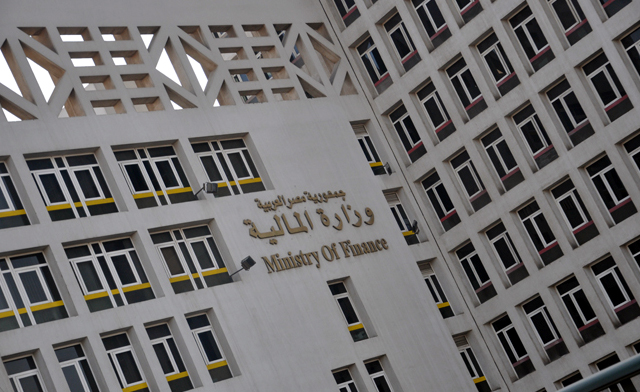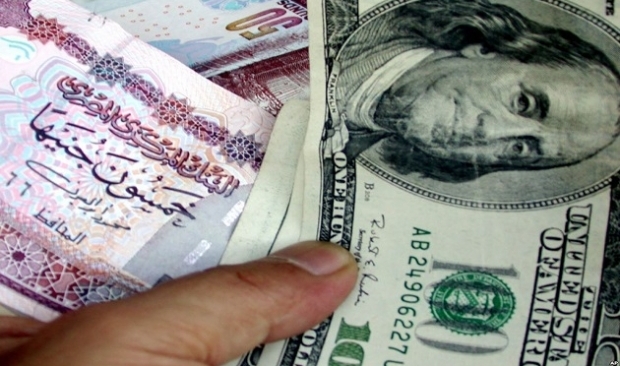
Average yields dipped at an auction of re-opened three- and seven-year bonds on Monday, continuing a steady slide that has been fuelled by expectations that rates could fall further if Egypt secures a US$4.8 billion International Monetary Fund loan.
Signs that a new government is moving ahead with tax reforms and cuts in hefty fuel subsidies to rein in an unmanageable public deficit have pushed yields down in recent months. The reform measures are meant to help the government secure a $4.8 billion IMF loan.
The yield decrease means that investors see Egypt’s bonds as a less risky buy.
State borrowing costs soared after an uprising ousted leader Hosni Mubarak last year, sparking economic turmoil, an exodus of foreign investors and demands for higher state wages.
A newspaper said on Sunday that experts had drawn up proposals for tax and energy subsidy changes and would present them to the cabinet on Sunday. Officials say the reforms are needed to secure the IMF loan.
In response to the announcement, yields fell at a sale of Egyptian treasury bills on Sunday and the yield on Egypt's 10-year eurobond reached its lowest since 2010. Investors are anticipating planned fiscal reforms that could lead to less issuance of government debt, traders said.
With the government forecasting a pick-up in economic growth after a disastrous 2011, fixed-income analysts are projecting an increase in funds available for banks to invest in state debt.
"Banks are expecting the budget reform to impact debt issuance in the future," said a debt trader in Cairo. "Also, when the economy grows, liquidity with banks grows."
The average yield on 91-day treasury bills fell to 12.361 percent at Sunday's auction from 12.714 percent at the previous auction on 14 October. On 273-day bills the average yield fell to 13.973 percent from 14.462 on 18 September.
The Ministry of Finance cancelled an auction of 273-day bills on 3 October, a move traders saw as a message to the market that the government was determined to hold rates down.
The trader said yields might have fallen even further at Sunday's auction if the Central Bank of Egypt had lowered benchmark rates after its monetary policy meeting on Thursday.
The bank left its key lending rate steady at 10.25 percent and the deposit rate at 9.25 percent. The seven-day repurchase agreement (repo) rate remained at 9.75 percent.
"Banks can still borrow from the CBE through repos and profitably buy treasury bills," said the trader. "Actually many banks anticipated a rate cut. This tells us that, if the CBE cut rates, yields would fall sharply."
Egypt's 10-year, 5.75 percent eurobond was yielding 5.15 percent, its lowest since before the uprising. It reached 8.3 percent in January as foreign reserves tumbled, raising the risk of a sharp currency devaluation.



